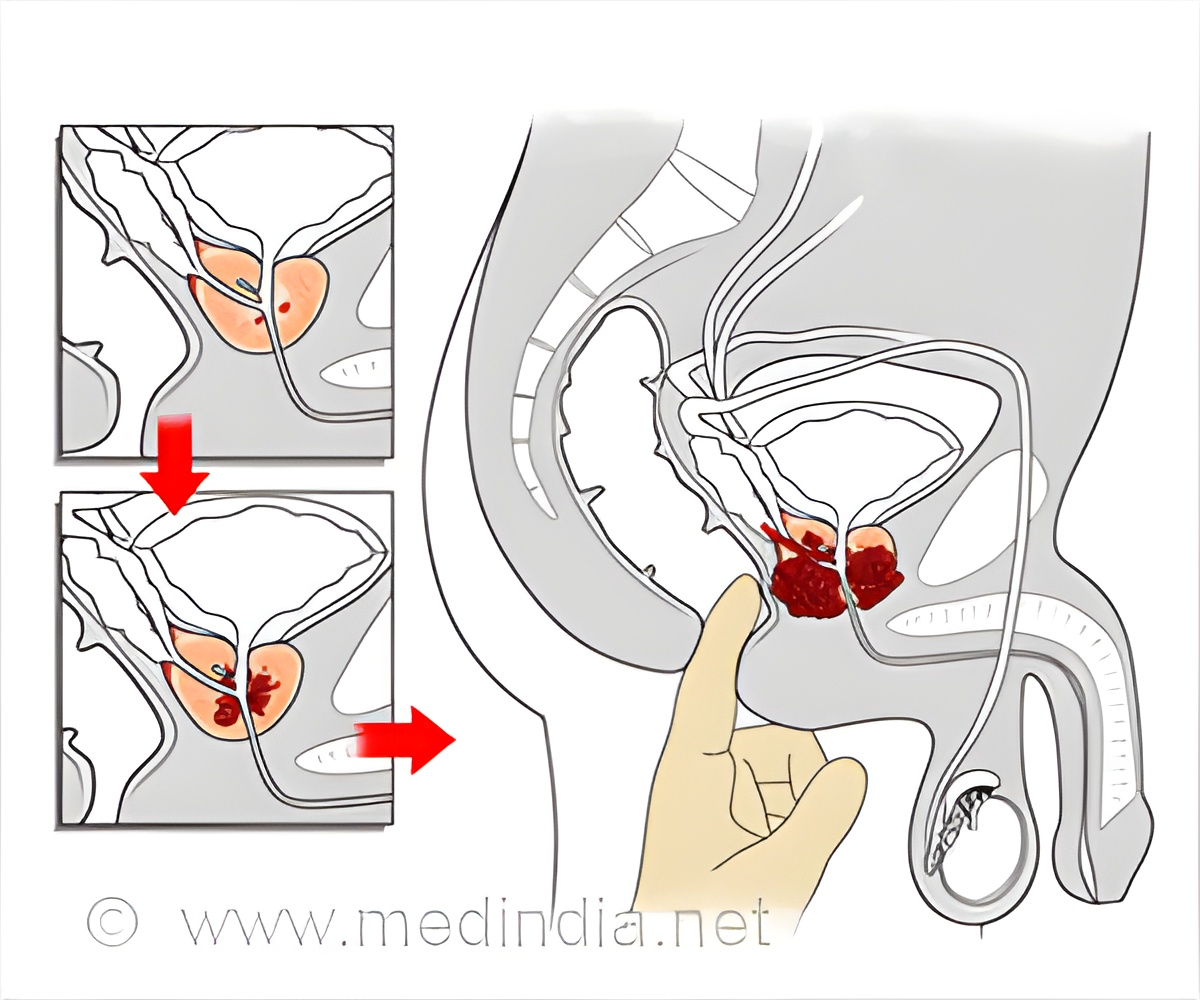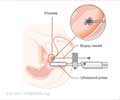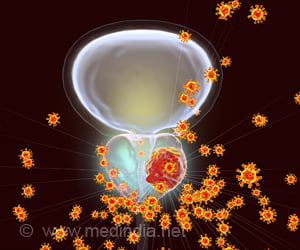
‘Aggressive, environmentally independent prostate cancer may be a result of poor stromal ecology, supporting the concept that incorporating markers of stromal ecology into prostate cancer scoring could improve a patient’s prognosis.’
Tweet it Now
“Our previous models show that reactive stroma has a role in prostate cancer progression, but this new model allowed us to look more closely at how the stromal ecology alters tumor evolution, growth and invasiveness,” said Alexander R.A. Anderson, Ph.D., director of the Center of Excellence for Evolutionary Therapy and chair of the Integrated Mathematical Oncology Department at Moffitt. He led the Moffitt team with collaborators from the University of Texas Health Science Center and NorthShore University. To do this, the researchers developed an eco-evolutionary mathematical model that mimics how prostate cancers grow and simulated tumors growing in different stromal ecologies. The model predicted larger tumors with highly reactive stroma and smaller tumors in nonreactive stroma. Surprisingly, it also predicted that these tumors evolved differently, with the smaller tumors driven by nonreactive stroma being far more aggressive.
This result was validated in animal models and quantified in patients. Anderson and his team analyzed pathology data from prostate cancer patients guided by the mathematical model. They used patients’ Gleason scores, a standard grading for prostate cancer diagnosis, along with reactive stroma grading, a measurement based on the amount of reactive stroma in the prostate, to create a new integrated cancer biomarker capable of more accurately scoring a patient’s prostate cancer. That integrated cancer biomarker was then cross validated in a large cohort of prostate cancer samples and was able to accurately stratify all Gleason scores.
“Our results demonstrate that traditional metrics like the Gleason score, which are often tumor-cell centric, could be improved with ecological metrics,” said David Basanta, Ph.D., co-author and associate member of Moffitt’s Integrated Mathematical Oncology Department.
The mathematical models and patient samples all agreed and showed that stromal ecology can explain prostate cancer growth dynamics. Importantly, they also showed that the stroma is a major driver of the aggressiveness of prostate cancer cells.
Advertisement
This study was funded by the National Cancer Institute (U01CA151924).
Advertisement
Moffitt is dedicated to one lifesaving mission: to contribute to the prevention and cure of cancer. The Tampa-based facility is one of only 51 National Cancer Institute-designated Comprehensive Cancer Centers, a distinction that recognizes Moffitt’s scientific excellence, multidisciplinary research, and robust training and education. Moffitt is a Top 10 cancer hospital and has been nationally ranked by U.S. News & World Report since 1999. Moffitt’s expert nursing staff is recognized by the American Nurses Credentialing Center with Magnet® status, its highest distinction. With more than 6,500 team members, Moffitt has an economic impact in the state of $2.4 billion. For more information, call 1-888-MOFFITT (1-888-663-3488), visit MOFFITT.org, and follow the momentum on Facebook, Twitter, Instagram and YouTube.
Source-Newswise









![Prostate Specific Antigen [PSA] Prostate Specific Antigen [PSA]](https://www.medindia.net/images/common/patientinfo/120_100/prostate-specific-antigen.jpg)




